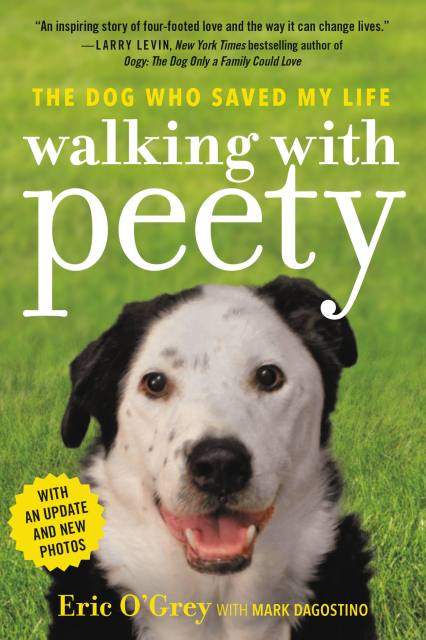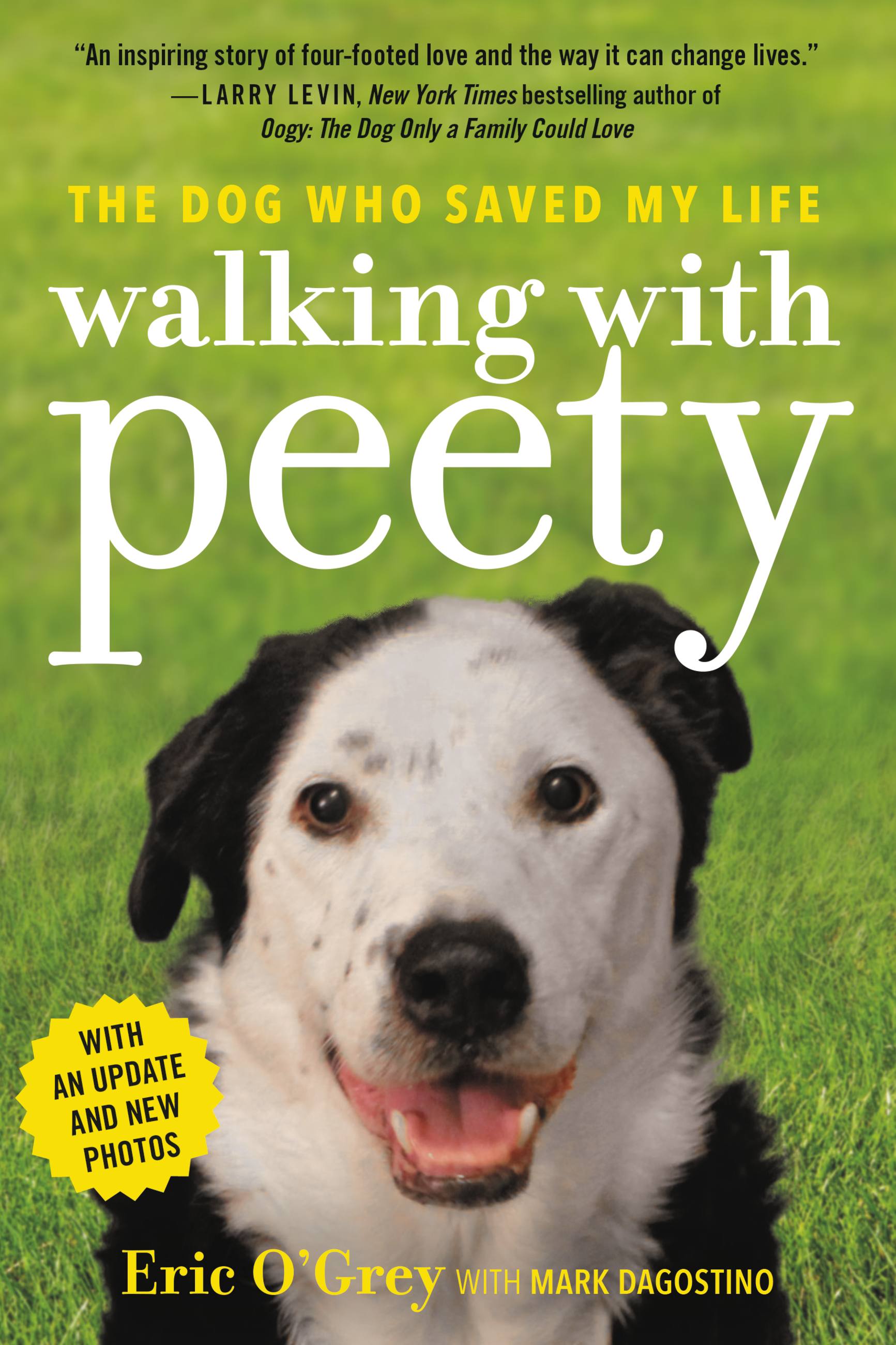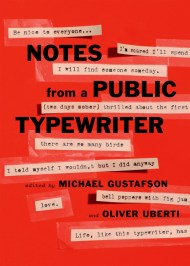By clicking “Accept,” you agree to the use of cookies and similar technologies on your device as set forth in our Cookie Policy and our Privacy Policy. Please note that certain cookies are essential for this website to function properly and do not require user consent to be deployed.
Walking with Peety
The Dog Who Saved My Life
Contributors
By Eric O’Grey
With Mark Dagostino
Formats and Prices
- On Sale
- Oct 10, 2017
- Page Count
- 320 pages
- Publisher
- Grand Central Publishing
- ISBN-13
- 9781478971146
Price
$11.99Price
$15.99 CADFormat
Format:
- ebook $11.99 $15.99 CAD
- Audiobook Download (Unabridged)
- Trade Paperback $16.99 $22.99 CAD
This item is a preorder. Your payment method will be charged immediately, and the product is expected to ship on or around October 10, 2017. This date is subject to change due to shipping delays beyond our control.
Buy from Other Retailers:
“This feel-good, easy-to-read book…is sure to inspire many readers” as Eric meets Peety and their journey together saves both of their lives and creates a lifelong bond (Booklist).
Walking With Peety is for anyone who is ready to make a change in his or her life, and for everyone who knows the joy, love, and hope that dogs can bring. This is more than a tale of mutual rescue. This is an epic story of friendship and strength.
Newsletter Signup
By clicking ‘Sign Up,’ I acknowledge that I have read and agree to Hachette Book Group’s Privacy Policy and Terms of Use






